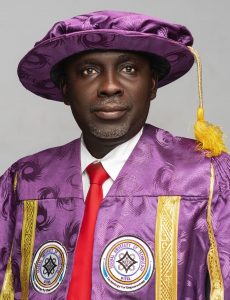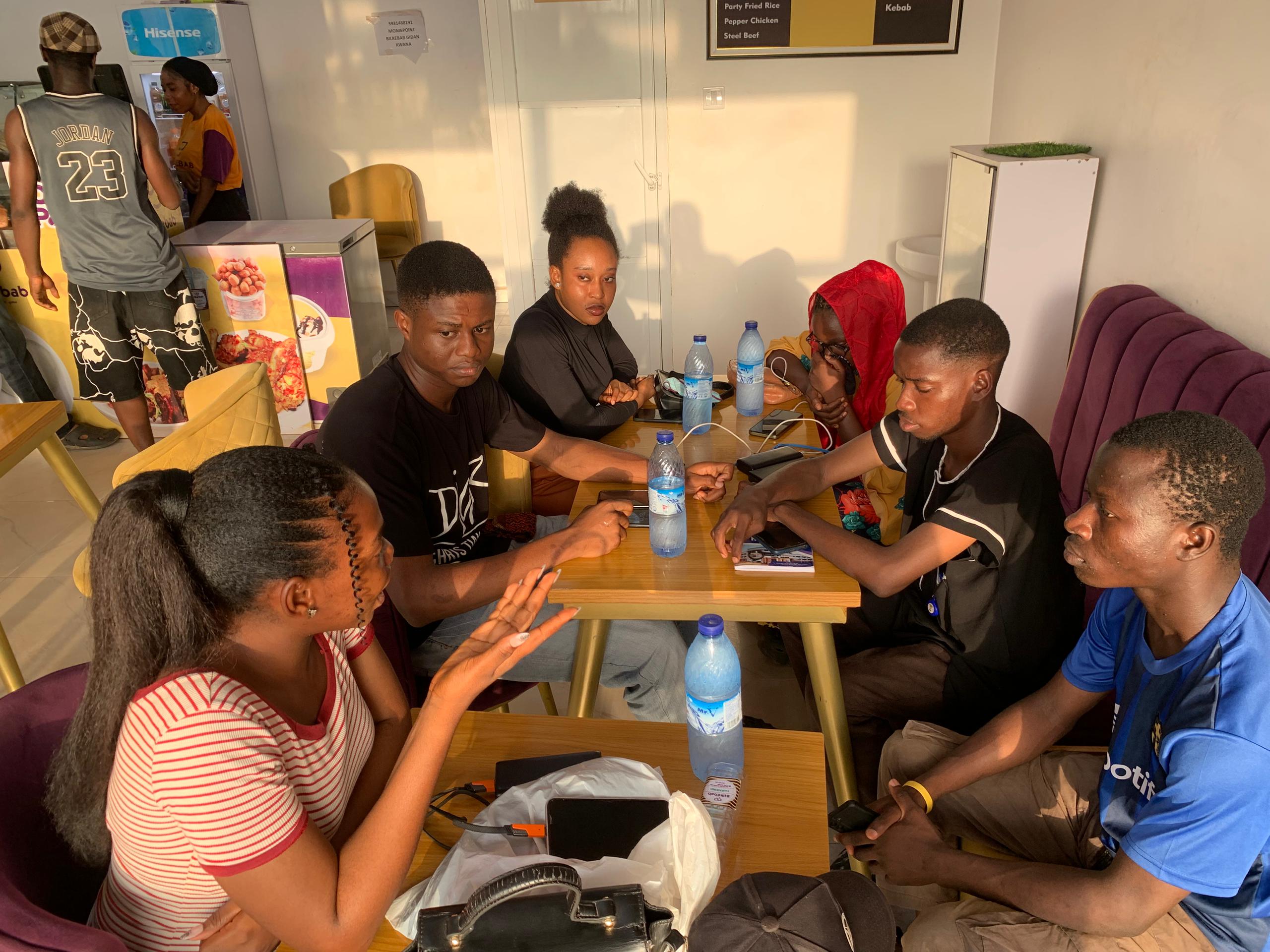The Federal University of Technology, Minna (FUT Minna), established on February 1, 1983, has played a pivotal role in advancing technological education in Nigeria. Over the decades, the university has been guided by visionary leaders who have each contributed uniquely to its growth and development. This blog post delves into the history of the Vice-Chancellors (VCs) of FUT Minna, highlighting their backgrounds, tenures, and the legacies they’ve left behind.
1. Professor Jonathan O. Ndagi (1983 – 1990)
The inaugural Vice-Chancellor of FUT Minna, Professor Jonathan O. Ndagi, set the foundational tone for the university. Under his leadership, the institution began its journey towards becoming a center of excellence in technological education. His tenure was marked by the establishment of core academic programs and the initial infrastructural development of the Bosso Campus. His vision laid the groundwork for a university that would later be recognized nationally and internationally.
2. Professor S.O. Adeyemi (1990 – 1994)
Succeeding Professor Ndagi, Professor S.O. Adeyemi continued the mission of strengthening the university’s academic framework. His tenure focused on expanding research initiatives and fostering collaborations with other institutions. He emphasized the importance of practical technological education, ensuring that students were well-prepared for real-world challenges.
3. Professor Ibrahim H. Umar (1994 – 1997)
Serving as the Sole Administrator, Professor Ibrahim H. Umar’s tenure was characterized by strategic reforms aimed at streamlining university operations. He navigated the institution through challenging times, implementing policies that ensured stability and continuity. His leadership was pivotal in maintaining the university’s focus during a period of transition.
4. Professor M.A. Daniyan (1997 – 2002)
Appointed as the third substantive Vice-Chancellor, Professor M.A. Daniyan’s leadership marked a period of significant infrastructural development. Recognizing the need for a permanent site to accommodate the university’s growth, he spearheaded the acquisition of 10,650 hectares at Gidan-Kwano. This strategic move facilitated the expansion of academic programs and provided the necessary space for future developments.
5. Professor H. Tukur Sa’ad (2002 – 2007)
Under Professor H. Tukur Sa’ad’s leadership, FUT Minna witnessed a consolidation of its academic programs and further infrastructural advancements. His tenure emphasized the importance of community engagement and the role of the university in regional development. He fostered partnerships with industries, enhancing the practical training components of the university’s curriculum.
6. Professor Mohammed S. Audu (2007 – 2012)
Professor Mohammed S. Audu’s tenure was marked by a focus on research and innovation. He established several research centers and encouraged faculty to engage in groundbreaking research projects. His leadership saw an increase in research funding and publications, elevating the university’s status in the academic community.
7. Professor Musbau A. Akanji (2012 – 2017)
Taking the helm in 2012, Professor Musbau A. Akanji emphasized academic excellence and staff development. He introduced policies that promoted continuous learning and professional growth among staff. His tenure also saw improvements in student welfare and the introduction of new academic programs to meet emerging technological trends.
8. Professor Abdullahi Bala (2017 – 2022)
A distinguished scholar, Professor Abdullahi Bala’s leadership was transformative for FUT Minna. Born on March 27, 1967, in Suleja, Niger State, he pursued his early education at Dawaki Primary School and Federal Government College, Minna, where he consistently excelled. He graduated with First Class Honors from Ahmadu Bello University, Zaria, and furthered his studies in the UK, obtaining a Master’s from the University of Reading and a Ph.D. from the University of London, both with distinctions. His academic journey is a testament to his dedication and brilliance.
During his tenure as Vice-Chancellor, Professor Bala focused on infrastructural development, research enhancement, and international collaborations. He was instrumental in transforming the university’s architectural landscape, leading to the construction of world-class facilities. Under his guidance, the university’s research output increased significantly, and partnerships with international institutions flourished. His tenure solidified FUT Minna’s reputation as a leading technological university in Africa.
9. Professor Faruk Adamu Kuta (2022 – Present)
The current Vice-Chancellor, Professor Faruk Adamu Kuta, assumed office on December 3, 2022. His leadership marks a new chapter in the university’s history. While his tenure is still unfolding, early indications suggest a focus on digital transformation, sustainability, and community engagement. His vision includes integrating cutting-edge technology into the curriculum, promoting green initiatives on campus, and strengthening ties with local and international communities.
Conclusion
The Federal University of Technology, Minna has been shaped by the visionary leadership of its Vice-Chancellors. Each brought unique strengths and perspectives, collectively contributing to the institution’s esteemed status today. As FUT Minna continues to evolve, the foundational work of these leaders ensures that the university remains at the forefront of technological education and innovation in Nigeria and beyond.


